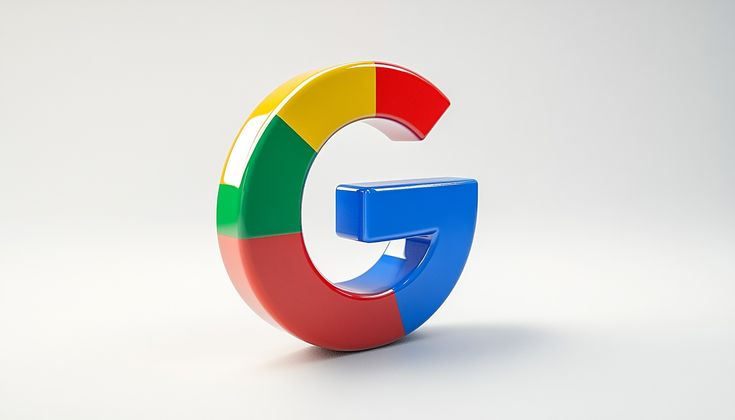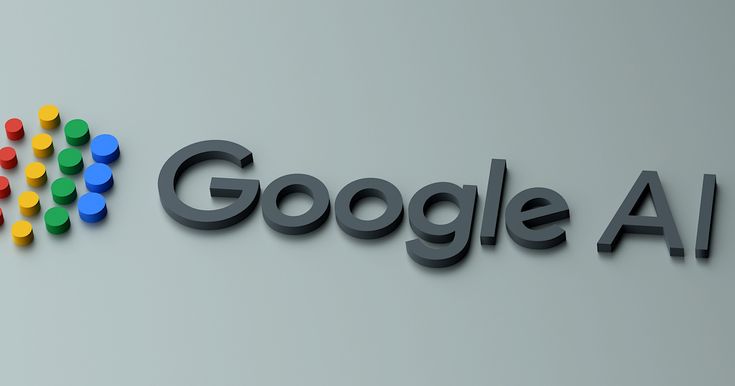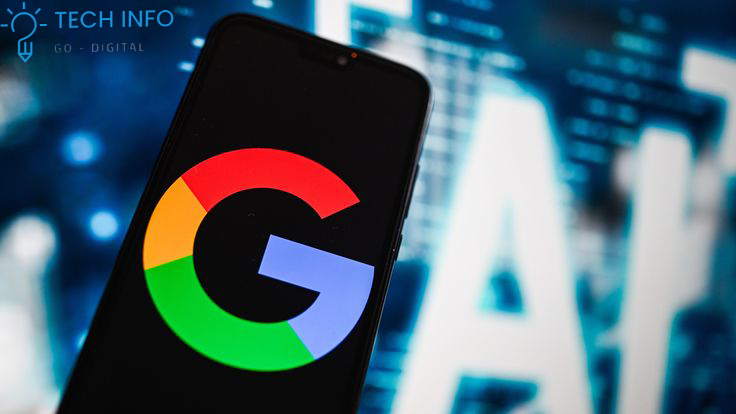Table of Contents
ToggleGoogle Tests Replacing ‘I’m Feeling Lucky’ With ‘AI Mode’: A New Era in Search Experience

For over two decades, Google’s iconic “I’m Feeling Lucky” button has been a quirky, nostalgic feature on the search engine’s homepage—a playful nod to a simpler internet. But recent experiments suggest Google is preparing for a dramatic shift: replacing “I’m Feeling Lucky” with a new feature called “AI Mode.”
This potential replacement marks more than a cosmetic update—it reflects a larger shift in how people interact with information online. As generative AI becomes more central to search, “AI Mode” could signify the dawn of a new, intelligent interface between users and the web.Google tests replacing
In this blog, we’ll explore what “AI Mode” is, why Google might be replacing “I’m Feeling Lucky,” how this ties into the evolution of search, and what it means for the future of the internet.
The End of an Era: “I’m Feeling Lucky”
Before diving into AI Mode, let’s take a moment to remember what “I’m Feeling Lucky” represented.
Introduced in the early days of Google, the button allowed users to skip search results and jump directly to the top-ranking page for a query. It embodied confidence in Google’s algorithm—no need for options, just the best match instantly.
While rarely used (some reports estimate less than 1% of users clicked it), the button became a beloved easter egg and symbol of Google’s fun, user-friendly identity. Over time, it even gained alternate versions like “I’m Feeling Curious” or “I’m Feeling Playful” when users hovered over the button.
But in today’s AI-driven landscape, “lucky guesses” aren’t good enough. Users want personalized, conversational, and smart results. This is where AI Mode comes in.
What is “AI Mode”?

Google has been quietly testing a feature called AI Mode with a small number of users. While Google hasn’t officially confirmed its full scope, early testers have reported that clicking “AI Mode” activates a generative AI interface, similar to what users might expect from tools like ChatGPT or Microsoft Copilot.
Here’s what early insights suggest AI Mode might offer:
- Conversational Answers: Instead of presenting a list of links, AI Mode can respond in full paragraphs, summarizing key information directly.
- Follow-Up Questions: Users can ask follow-up questions and refine their query without starting over—mimicking a natural conversation.
- Integrated Web Results: AI responses may include citations and links to sources, bridging the gap between AI generation and search transparency.
- Smart Suggestions: AI Mode can infer user intent and recommend related questions, tools, or resources dynamically.
In essence, AI Mode transforms Google from a search engine into an AI assistant—not just pointing users toward information, but engaging with them and delivering content directly.
Why Replace “I’m Feeling Lucky”?
At first glance, “AI Mode” and “I’m Feeling Lucky” might seem completely different, but there’s a symbolic connection between them.
1. Single-Click Simplicity
“I’m Feeling Lucky” was about speed: click once, get the result. AI Mode offers a modern take—click once, get a full answer. It preserves the simplicity, but replaces static guessing with dynamic intelligence.
2. Changing User Expectations
People no longer want just links—they want answers. With the rise of voice assistants, chatbots, and AI tools, users now expect web tools to understand context and generate content, not just direct them elsewhere.
3. Competitive Pressure
Microsoft’s Bing has integrated GPT-4 into its search experience since early 2023. Google’s Bard (now Gemini) is also being integrated into Search. AI Mode might be Google’s answer to the “AI-first search” revolution that’s gaining traction.
4. Future-Proofing Search
Search engines are evolving. With AI-generated summaries, visual responses, and conversational interfaces becoming mainstream, Google is positioning AI Mode as the default experience of tomorrow’s search.
Google’s AI Push: Context Behind AI Mode
The arrival of AI Mode isn’t happening in isolation—it’s part of a broader shift within Google toward AI integration across its entire product line.
1. Search Generative Experience (SGE)
Announced at Google I/O 2023, the Search Generative Experience uses generative AI to provide quick overviews and insights. AI Mode seems like a more accessible, homepage-based version of SGE, aimed at everyday users.
2. Bard and Gemini
Google launched Bard (now Gemini) to compete with ChatGPT, integrating it into Google Workspace, Android, and Chrome. AI Mode may be the next step in embedding Gemini-like capabilities directly into Search.
3. Android AI Features
Android is rapidly incorporating AI, from smart reply suggestions to Magic Compose and real-time translation. “AI Mode” could be another interface layer that syncs with your Google account, search history, and app usage to offer personalized assistance.
Benefits of AI Mode for Users
- Faster Results: AI Mode reduces the need to click multiple links and browse several pages. Instead, users get direct answers in seconds.
- Conversational Flow: You’re not just typing and getting results—you’re having a mini-dialogue with an intelligent system.
- Smarter Recommendations: AI Mode can suggest related queries, tools, or topics you didn’t think to search for.
- Accessibility: For people who find traditional search interfaces overwhelming, AI Mode can simplify the process dramatically.
Concerns and Criticisms
Of course, this shift also raises some concerns:
- Accuracy and Hallucinations: AI can generate confident-sounding but incorrect information. Google must ensure that AI Mode is factual and cites trustworthy sources.
- Loss of Serendipity: “I’m Feeling Lucky” was fun and unpredictable. Some may miss its charm as AI Mode offers a more calculated experience.
- Over-reliance on AI: As more people trust AI to summarize the web, fewer users may explore original sources or engage with diverse viewpoints.
- Privacy Implications: AI Mode may require deeper analysis of user behavior to provide personalized responses. Google must remain transparent about data use.
The Bigger Picture: A New Search Paradigm
If AI Mode becomes the default or even widely available, it could redefine how billions of people access information online.Google tests replacing
Search engines may no longer just index the web—they’ll interpret, condense, and personalize it. This will transform everything from SEO strategy to how news, education, and commerce websites present content.
Marketers may need to optimize for AI visibility, not just search ranking. Publishers may need to work with structured data and ensure their content can be correctly cited by AI tools.
A Shift From Lucky to Intelligent
“I’m Feeling Lucky” was a relic of an earlier internet—one where the best result was just one click away. AI Mode reflects today’s reality: users want not just results, but relationships with their tools. They want intelligent, personalized, conversational experiences.Google tests replacing
By testing AI Mode, Google is signaling that its homepage—arguably the most viewed page on the internet—is evolving. And with it, the future of search itself.
Google tests replacing Whether you’re a casual Googler, a content creator, or a tech enthusiast, keep an eye on this shift. Because the next time you visit Google.com, you might not just be searching. You might be talking to an AI.Google tests replacing





